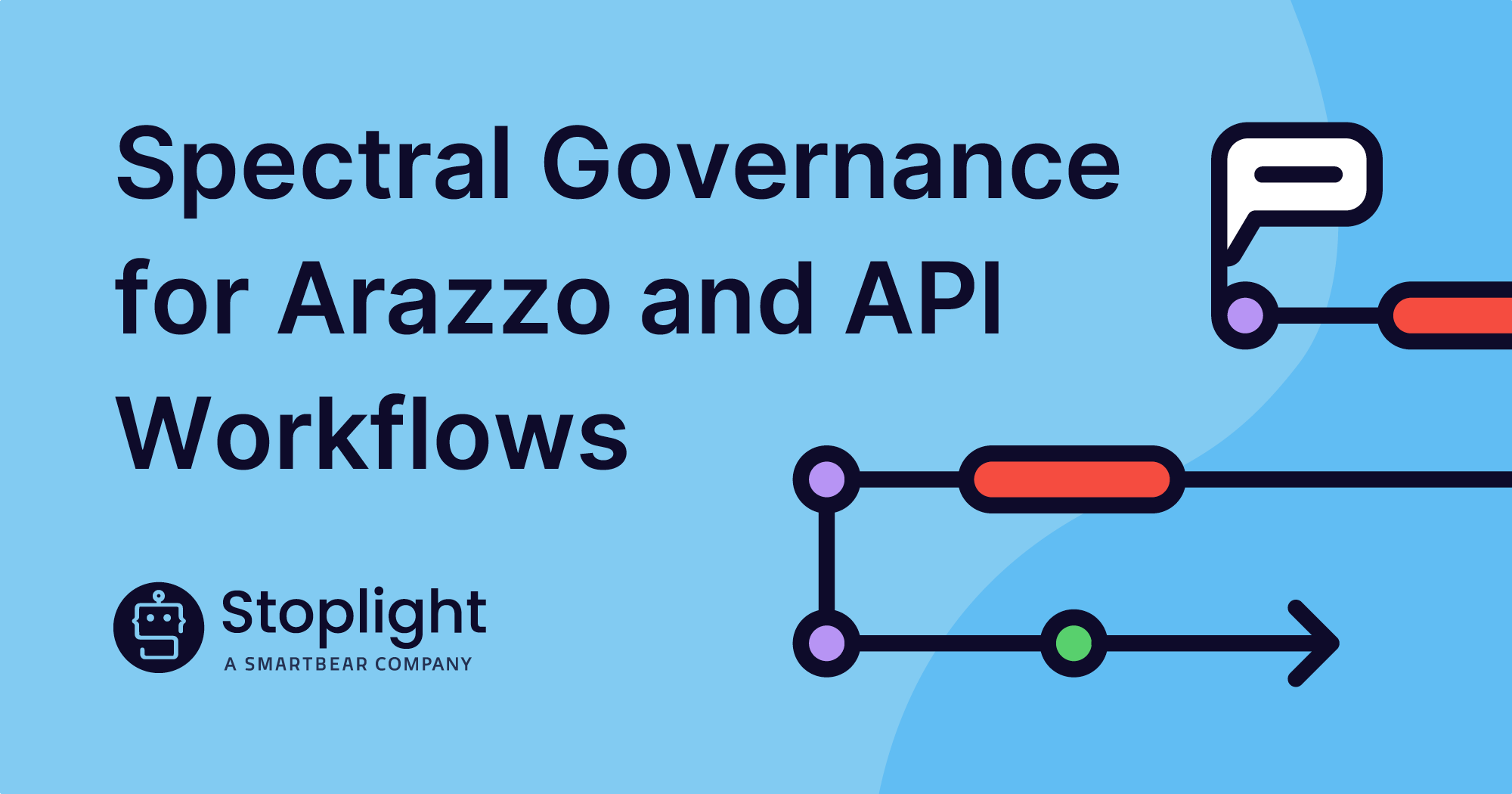This week on the API Intersection podcast, we spoke with Mathieu Rasse, Founder & CEO of Meta API, a company focused on helping developers to integrate and create automation between the APIs. As a member of the API aggregator space, Mathieu is responsible for spreading the good word about using aggregator platforms like Meta for any OpenAPI integration and educating people about OpenAPI benefits.
API Integration Platforms – Yay or Nay?
Meta is an API aggregator, meaning it’s a platform for any Open API integration. An API aggregator is an API on top of many different APIs that provides a single implementation point. They deliver a unique and standardized API regardless of what APIs or services it integrates with. Meta’s approach to API integrations involves connectors that link between your code and external APIs while taking care of configuration, formatting data, and authentication.
Easier Integration Opportunities
“A major benefit to using aggregators is everything around integration. When we create an integration, you want to ensure your code will work for internal and external projects and have multiple complexities to deploy. With an aggregator, we can manage security updates and other things like that to ensure a smooth integration path,” shares Mathieu.
If you choose to use an API Integration platform, you can manage, connect and publish different APIs from a single location. These platforms also have a marketplace of third-party APIs that you can use with just one click.
Ease of Consuming Multiple APIs
Consuming multiple APIs at once can be made easier with an aggregator, but it requires proper upkeep of those APIs where appropriate. If you’re choosing to go the API integration platform route, that ease of consumption is definitely a benefit.
However, you’ll want to properly vet your API aggregator tool of choice and ensure it’s meeting your standards for upkeep, data management, and maintenance of the APIs you’re consuming on a regular basis. If you’re a smaller API team, doing it in-house would probably be more cost-effective than outsourcing the work to an API aggregator.
Security Concerns and Security Benefits
“Another benefit, and sometimes the most painful thing to deal with otherwise, is the authentication. With an aggregator, it acts as sort of a magic button to where when you click it and authentication is done already,” shares Mathieu.
When working on a traditional development method, you can’t forget security. We always tout that security should be a part of the API’s design phase, but regardless you’ll always have to worry about bugs and making your APIs secure. If you’re doing it by yourself, you’ll need to go through each line of your code and then configure your servers ideally to secure them.
On the other hand, in API integration platforms–since everything is hosted on their platform, it becomes their responsibility to keep all your stuff secured. Now, whether you trust that aggregator or not to do the right thing and secure it fully is another issue, but it is a relief from your own workload to put security in the hands of the aggregator. If security is something you’d instead want to handle and check off in-house, then an API aggregator solution might not be for you.
OpenAPI For the Win
Regardless of whether or not you’re an aggregator fan, one thing is for sure, Mathieu emphasizes the importance of OpenAPI and utilizing that in your API strategy. Meta utilizes OpenAPI specs in its platform as well.
“When you finish your design and implement your OpenAPI into our platform, we can both address public APIs that we are giving their own Open API file, and we can also do that for private APIs and mixes of the two together. OpenAPI is definitely the way to go,” shares Mathieu.
Mathieu is passionate about educating others on the benefits of OpenAPI specification. The OpenAPI Specification is a standard format to define the structure and syntax of REST APIs. They are both machine and human-readable, making it easy for anyone to determine how each API works. Engineers building APIs can use APIs to plan and design servers, generate code, and implement contract testing. Other internal teams can aggregate these API definitions to determine their API program’s footprint and dependencies.
“I think there’s still a lack of knowledge and misconceptions about OpenApi. I think people think about it like when you have SOAP API, and you have to read a very strict schema–BUT that’s not what OpenAPI is like. It’s just a description of what you are making where you can omit some parameters or details to build quicker,” shares Mathieu.
OpenAPI specifications make more robust APIs possible. OpenAPI datasets, declared for every field in an API, allow developers to ensure live data matches expectations. Much of the guesswork and manual labor is removed from API development with a complete and accurate OpenAPI document.
After machines interpret it and you have a complete description of how a REST API works, a lot of the work that developers would typically have to do can be streamlined with OpenAPI. This includes the ability to generate accurate documentation, create stub code for API development, build mock servers to prototype the interface and test that API requests and responses match the intended contract.
“Companies will often fear opening up their API or opening up data, and it’s not like it’s opening up the entire gate to your company to the point where everyone can steal everything from your API. You still have control over it, and you can still select what you want to share and not share, and that’s the best way to have an API!” shares Mathieu. “OpenAPI is the best way to put your product or your API into the world’s ecosystem, and it’s a critical part to improve integration and automation.”
For popular OpenAPI examples, check out our website to learn more, or head over to Meta’s website if you’re seeking to learn more about API aggregators. You can also easily create your own OpenAPI descriptions with Stoplight Studio. As always, subscribe to the API Design blog or our podcast for more insights. Thank you, Mathieu, for coming to the show!

